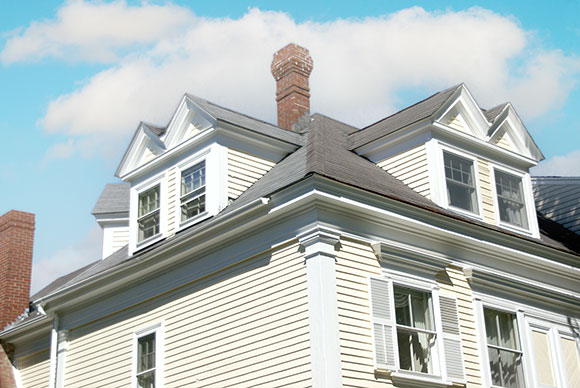
A final listening session was recently held by Somerville’s Anti-Displacement Task Force concerning rent stabilization in the city.
By Jennifer Purcell
On the evening of Tuesday, September 12, Somerville’s Anti-Displacement Task Force (ADTF) held its third and final rent stabilization listening session. Much like the previous two sessions, residents of Somerville were invited to voice their opinions on the subject and share their personal experiences in order to aid the task force in making an educated decision regarding what should and should not be included in the home repetition process. The questions that ADTF chair Luis Quizhpe asked listeners to focus on were as follows:
- Should the rent limit increase if a tenant moves out of an apartment or can a landlord raise it more?
- Should property owners be allowed to raise rent if they improve the unit or if taxes or utilities go up?
- Should anyone be exempt from the rent stabilization law or should the rent stabilization law apply to new buildings or not?
For some background, the rent stabilization strategy aims to make housing in Somerville affordable for everyone. Co-chair of the resident displacement committee Jill Currier pointed out that the key elements of rent stabilization are as follows:
- Choices of cap.
- Exceptions to the cap.
- Exemptions allowed.
- Types of decontrol.
- Administration.
Out of the 25 community members who voiced their opinions, 22 agreed that rent stabilization would greatly benefit the masses and that no one should be exempt from it. “The idea that rent stabilization should not apply to all is an oversight,” resident and tenant Kaylee Marco stated. “Everyone could benefit from rent stabilization to prevent landlords from catering only to those with higher income, thus gentrifying an already diverse and lively neighborhood.”
In addition, all 22 speakers who support this law agreed that rent increases should be capped at between 2% and 5% so that it can match wage increases and inflation. According to resident Lizzie Rutberg, this looks like an increase of about $50. However, several residents like herself believe that even this is still too much. They believe this to be incredibly concerning because as of today, over 60% of Somerville residents are renters.
As several of the speakers stated, rent is currently being increased without any signs of improvement to the properties. “Too many friends have seen their apartments listed for much higher after they’ve moved out with zero repairs being done besides, quote-unquote, ‘the landlord special.’ If you want to increase rent more, then you must do more to account for that cost,” Marco said.
However, not every speaker supported this cause. Bert Faulkner, a landlord who relies on the rent his tenants pay as his main source of income, adamantly opposed the idea. “Now if you introduce controls on any product or service, you are going to water down the quality,” he said, followed up by saying that no one should have to deal with a bad landlord and should look for better housing if they have one. Jerry Cronin, another landlord, agreed with him and feels that landlords should not have to shoulder the burden of the housing crisis. If this law passes and their properties end up sustaining excessive damage at any point in time, landlords will have great difficulty getting back any money that they spend in order to make the necessary repairs.
Quizhpe continually stressed that the ADTF is only in the beginning stages of getting this law passed and that there is not even a draft to be submitted to the city council at this time, therefore it could be years before that happens. However, they have now heard from the members of their community and will proceed to develop criteria that will be used to draft their proposal.
“I believe the city of Somerville has the unique opportunity to shift the terms of debate around rent control and finally ebb the tide of displacement washing across our neighborhoods,” resident Frank Egan stated with pride.
The ADTF said that they will discuss what they should prioritize and that people can expect an update at some point this fall but it’s a pretty lengthy process.















Reader Comments